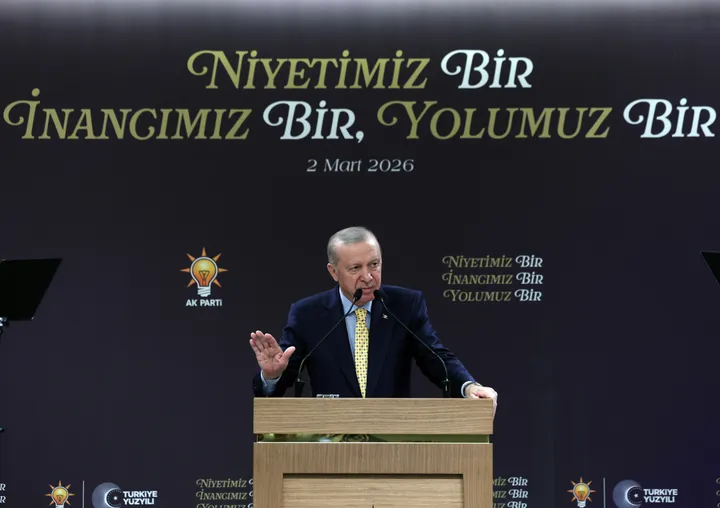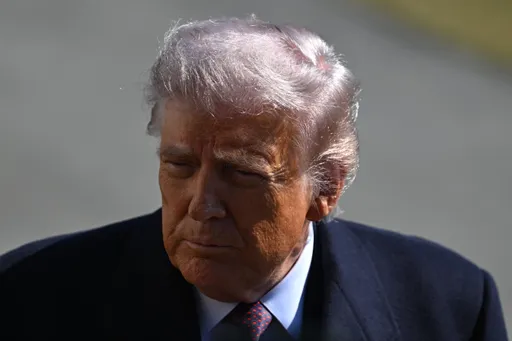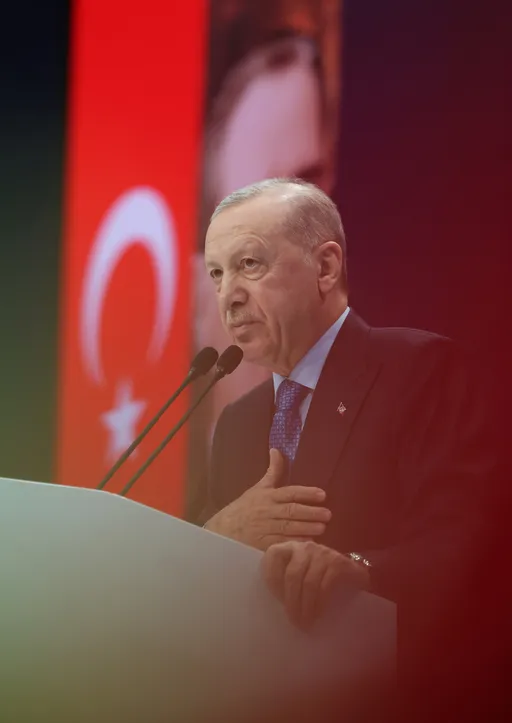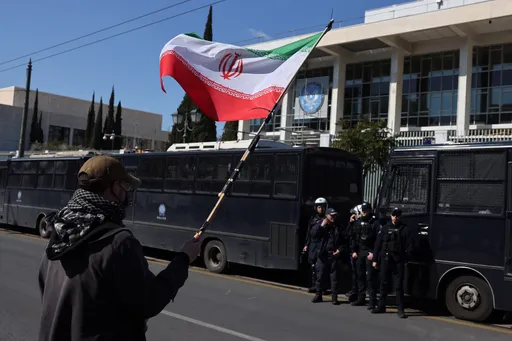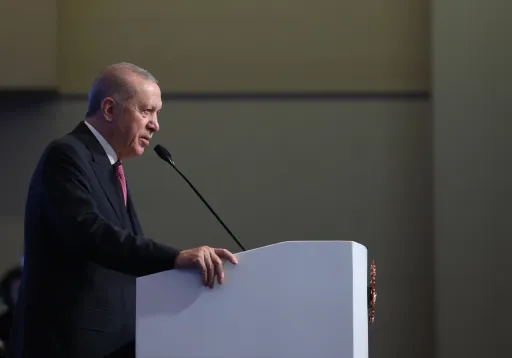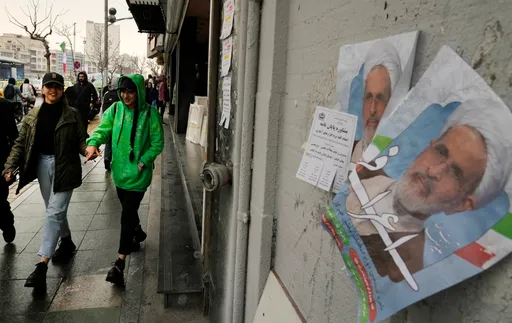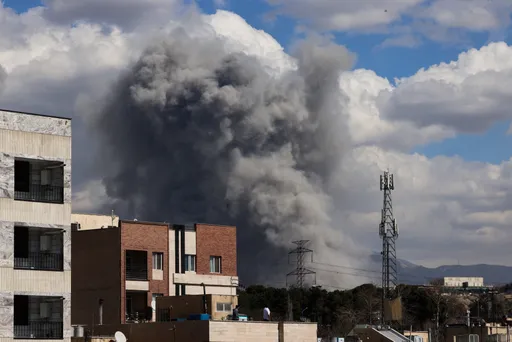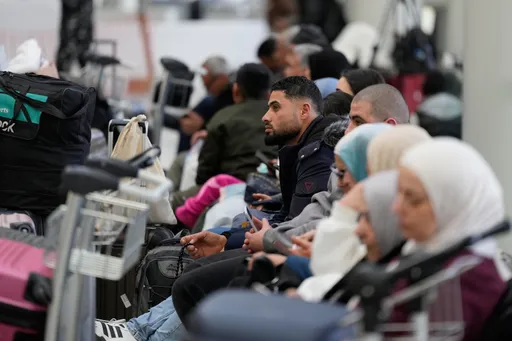The reclusive supreme leader of the Afghan Taliban, Hibatullah Akhundzada, has joined religious leaders from around the country in the capital, Kabul, at a meeting with a focus on national unity, the state news agency said.
The Bakhtar News Agency confirmed that the leader, who is based in the southern city of Kandahar, was attending Friday's meeting of more than 3,000 male participants, and it said he would deliver a speech.
As the movement unveiled its interim government in September, after US-led foreign forces withdrew and a US-backed government collapsed, the mysterious Akhundzada retained the role he has held since 2016 of supreme leader, the group's ultimate authority, but he is rarely seen publicly.
The Kabul gathering began on Thursday under tight security.
At one point, sustained gunfire erupted near the venue, which Taliban spokesmen said was the result of security men firing at a "suspicious location", adding that the situation was under control.
The Taliban, who have kept a complete lock on decision-making since taking over the country, touted the gathering in the capital of Kabul as a forum to hear a range of voices on issues facing Afghanistan.
READ MORE: Afghanistan's Taliban hold first major clerical meetup since takeover
World's demand for inclusive government
At least one participant had called for girls' high schools to be opened but it was not clear how widespread support was for that proposal.
Deputy Taliban chief and acting interior minister Sirajuddin Haqqani addressed the meeting on Friday, saying the world was demanding inclusive government and education, and the issues needed time.
"This gathering is about trust, interaction, we are here to make our future according to Islam and to national interests," he said.
The Taliban went back on an announcement that all schools would open in March, leaving many girls who had turned up at their high schools in tears and drawing criticism from Western governments whose strict sanctions are severely undermining the Afghan economy.
Taliban spokesperson Zabihullah Mujahid said that they would respect the decisions of those at the meeting but the final say on girls' education was up to the supreme leader.
Akhundzada has spent most of his leadership in the shadows, letting others take the lead in negotiations that ultimately saw the United States and their allies leave Afghanistan last August after 20 years of grinding war.
READ MORE: Earthquake survivors in Afghanistan 'at risk' of disease outbreak



